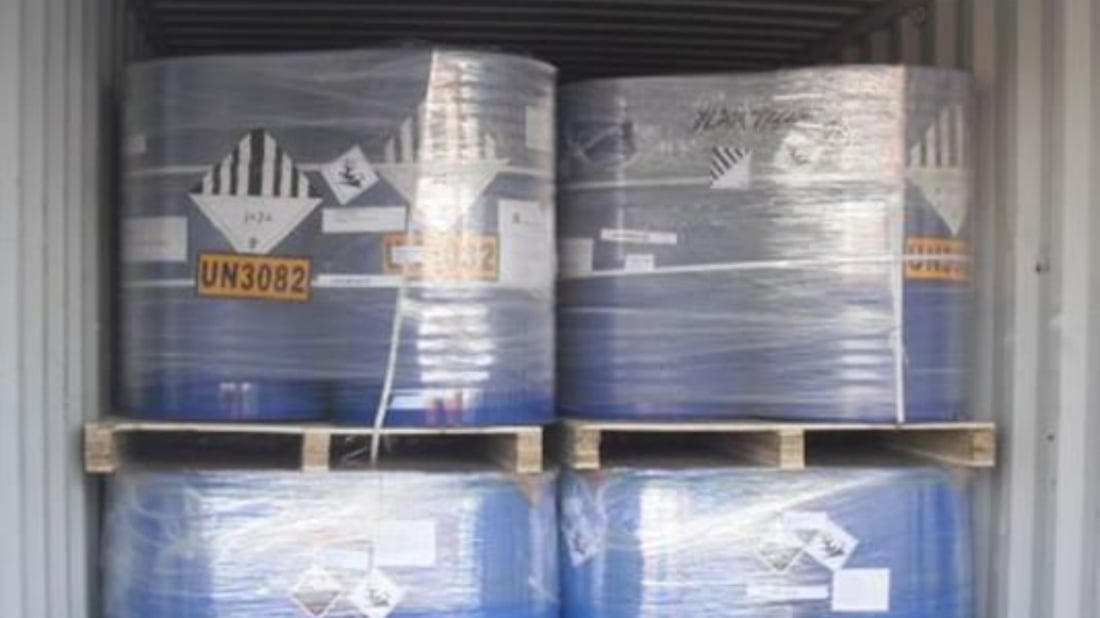Introduction: Understanding fine chemicals
Fine chemicals are complex, high purity chemicals used in various industries, including pharmaceuticals, biotechnology, and agrochemicals. These chemicals are produced in small or medium-sized quantities and are known for their specificity, quality, and safety. The market for fine chemicals is poised for significant growth due to the increasing demand for advanced pharmaceuticals, and the new opportunities that the advancements in fine chemicals are unlocking.
The Role of Fine Chemicals in Pharmaceuticals
Fine chemicals are widely used in the development of pharmaceuticals. They are the foundation of active pharmaceutical ingredients, intermediates of APIs, and starting materials for the synthesis of complex molecules. With the rise in demand for personalized medicines, the fine chemicals market is anticipated to grow even more. Companies are investing heavily in research and development to bring new, safe, and effective pharmaceuticals to market.
The Manufacturing of Fine Chemicals
The production of fine chemicals is a complex process that requires specialized equipment and trained personnel. They are produced through a series of carefully controlled reactions, using solvents and catalysts in a small or medium plant. These chemicals must adhere to strict regulatory standards, like the European Union’s various REACH regulations, to be approved for use in pharmaceuticals.
The Advantages of Fine Chemicals
Fine chemicals have several advantages over bulk chemicals. They are produced in smaller or medium-sized quantities, which allows for better quality control and efficient distribution. They are also highly specialized, allowing manufacturers to produce chemicals that are tailor-made for specific applications. Additionally, fine chemicals have a higher level of purity, which enhances their performance and minimizes the risk of side effects.
The Importance of Quality Control
The quality of fine chemicals is critical to the development of pharmaceuticals. They must be free of impurities and meet strict regulatory standards to ensure patient safety. Companies must adhere to current Good Manufacturing Practice (cGMP) to ensure quality control standards are met throughout the manufacturing process, from raw materials to the final product. Quality control measures include inspections, testing, and documentation of each batch of fine chemicals.
The Global Market for Fine Chemicals
The global fine chemicals market is anticipated to grow at a robust pace during the forecast period, driven by the increasing demand for innovative and advanced pharmaceuticals. The demand for fine chemicals is highest in North America and Europe, while emerging markets in Asia-Pacific and Latin America are also witnessing significant growth. The key players in the fine chemicals market include Lonza, BASF, and DSM.
The Future of Fine Chemicals
The future of fine chemicals looks promising, with new advancements in technology and innovation. Fine chemicals play a critical role in the development of personalized medicines, so the demand for fine chemicals is expected to continue to rise in the coming years. The focus on research and development will help fuel this growth, as companies continue to invest in new technologies to improve the quality and efficiency of fine chemicals production.
The Challenges of Fine Chemical Production
The production of fine chemicals is complex and can be challenging. The process requires highly trained personnel, specialized equipment, and expensive raw materials. The small and medium-sized production scale means that fine chemicals are more expensive than bulk chemicals, which can make them less attractive to some industries. Additionally, regulatory compliance can be tough, which requires significant investments in documentation, training, and compliance measures.
The Innovation in Fine Chemicals
The numerous technological advancements in the fine chemical production process have improved the efficiency, speed, and affordability of the process. There are many innovative approaches to the production of fine chemicals, from alternative manufacturing processes to new ways to capture impurities. Innovation will be the key driver of growth and profitability in the fine chemicals production industry.
Conclusion
Fine chemicals are complex chemicals that play a crucial role in the development of advanced pharmaceuticals. They offer numerous advantages, including specificity, high purity, and quality control, but their production can be expensive and challenging. Nevertheless, the market for fine chemicals will grow significantly in the future, driven by the demand for personalized medicines and innovative pharmaceuticals. Companies that invest in research, development, and innovation are poised to succeed in the fine chemical production industry.
Quote Inquiry
contact us

